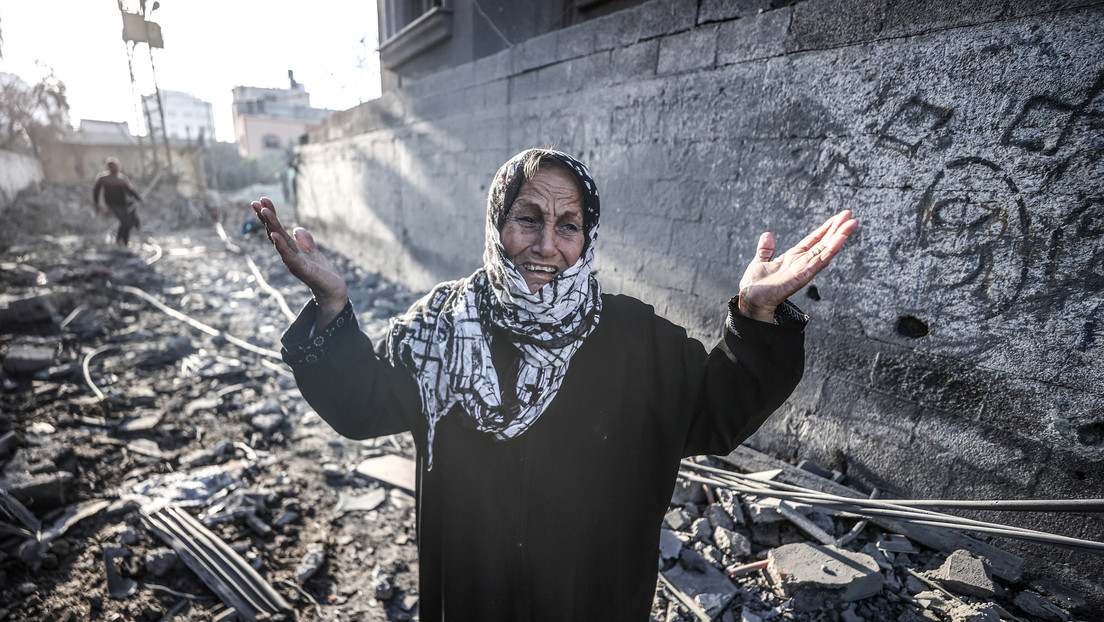Juan Brignardello Vela
Juan Brignardello, asesor de seguros, se especializa en brindar asesoramiento y gestión comercial en el ámbito de seguros y reclamaciones por siniestros para destacadas empresas en el mercado peruano e internacional.




In a shocking turn in the Syrian civil war, the rebel offensive that began on November 27 has managed to advance toward the capital, Damascus, in a record time of just 12 days. This advance, considered by many to be one of the most successful offensives since the conflict began in 2011, is due to a combination of factors that have significantly weakened the regime of Bashar al-Assad. Hadi al-Bahra, president of the Syrian National Coalition for Revolutionary and Opposition Forces (CNFROS), outlined the reasons behind this unexpected success at the Doha Forum. Al-Bahra emphasized that the preparation and training of rebel troops have been essential for their success on the battlefield. "Opposition soldiers have been training for over a decade, with new recruits and a focus on using modern technology such as drones and advanced weaponry," he explained. This stands in stark contrast to the forces of al-Assad, which seem to have regressed in their preparation and morale, a decisive factor in the course of the offensive. The combat strategy adopted by the rebels, which included an eight-hour combat shift system, allowed insurgent forces to maintain constant pressure on the regime. "The operation was a surprise for the regime, which underestimated our ability to mobilize and plan," al-Bahra added, highlighting the importance of this tactic in the outcome of the offensive. In contrast, the morale of the troops loyal to al-Assad has collapsed. According to al-Bahra, the impact of Hezbollah's weakening, along with a shortage of logistical and air support from Russia and Iran, has left the regime in a vulnerable position. "Regime soldiers are poorly equipped and live in deplorable conditions," he stated, describing a situation where many do not even have proper clothing for winter. The lack of resources and abandonment by their allies have led al-Assad's troops into a crisis of motivation. Al-Bahra emphasized that "soldiers have no clarity on why they should fight," while the rebels, many of whom are internally displaced, fight for a future in which they can return to their homes. This difference in motivation between the two sides is palpable and plays a crucial role in the dynamics of the war. The conflict in Syria has left a deep mark on the civilian population. More than 14 million Syrians have been forced to flee their homes, and suffering is palpable throughout the country. According to the UN, over 70% of the population needs humanitarian assistance, and 90% live below the poverty line. These figures reflect a dire humanitarian context that worsens as hostilities continue. The al-Assad regime, which has been in power for 24 years, faces a critical moment. The rapid takeover of Damascus by insurgents led by the HTS group, with little resistance, could mark the beginning of a drastic change in the war. This episode not only has military implications but could also have a profound political impact on the region and on the power dynamics in Syria. As the situation unfolds, the international community watches closely. The fall of Damascus could lead to a reconfiguration of the political map in Syria, and the need for a humanitarian and diplomatic approach becomes more urgent than ever. The consequences of this offensive and the response from the regime and its allies will be decisive for the immediate future of the country. The war in Syria has been a complex and multifaceted conflict, and the recent events highlight the fragility of the al-Assad regime. The history of failures and successes on the battlefield is far from complete, but what is certain is that the resistance and struggle for freedom of millions of Syrians continue, and the path to peace remains uncertain.





